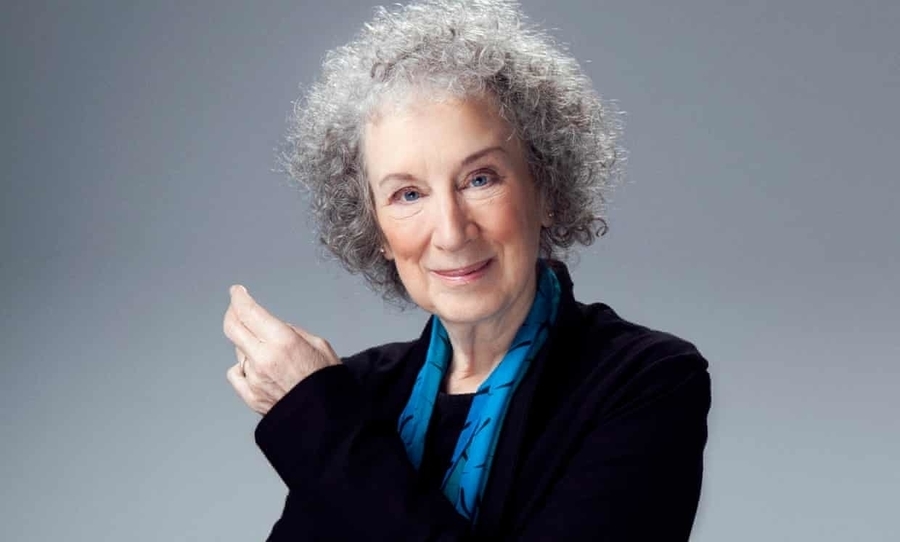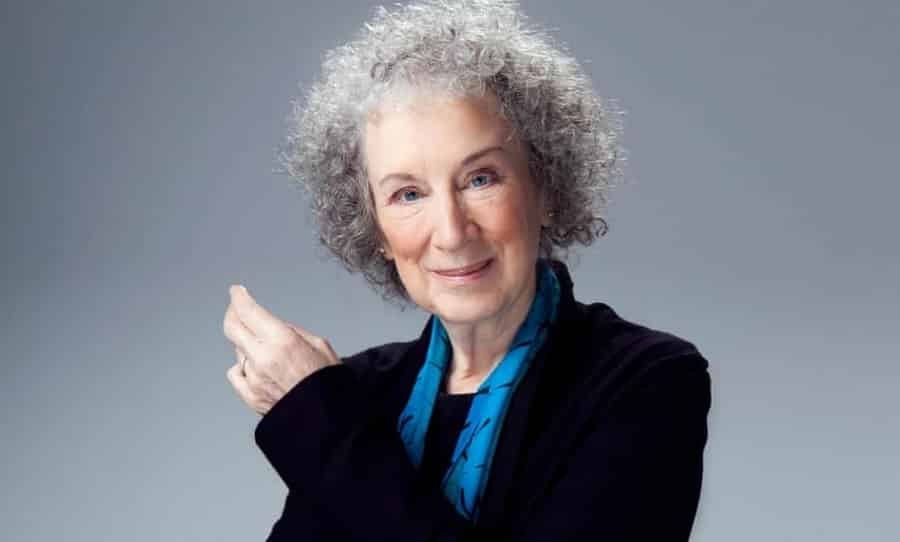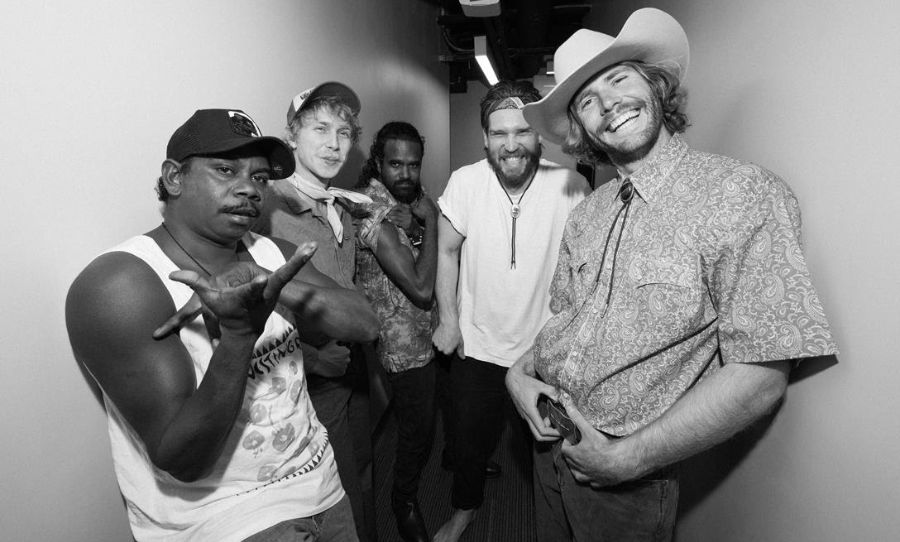The Booker Prize, a prestigious literary award with a 50,000 pound top spot, sees some of the world’s most respected writers battling each other. 13 potential winners in 2019 include the likes of Margaret Atwood, Salman Rushdie and Jeanette Winterson.
Margaret Atwood’s nomination for The Testaments marks her sixth nomination in total for this award over the years. Salman Rushdie is also a former winner, this time nominated for Quichotte. Rushdie is just one of several British novelists nominated and even then, many others were left out.

The 2019 Booker Prize longlist has been quoted to have 13 “credible winners”, with a healthy mixture of seasoned veterans and some much needed new names.
Lucy Ellmann is the only American novelist nominated. Other countries represented in the nominees list include Turkey, Ireland and Nigeria.
Mexican-Italian writer Valeria Luiselli was nominated for her first ever English language book, a tremendous achievement, as she tells the touchy story of a Mexican family attempting to cross the US border.
There is also one debut nominee, Oyinkan Brathwaite, who has been lauded for his satirical thriller, My Sister, The Serial Killer.
With a bunch of familiar names and also a nice crop of emerging literary talent, this year’s list is filled with incredible talent. Before the final announcement of the Booker Prize winner, here’s a list of all the books that has been nominated this year:
Margaret Atwood (The Testaments)
The Testaments is the sequel to Margaret’s thrilling series The Handmaid’s Tale.
Kevin Barry (Night Boat to Tangier)
Talking all about sex, death and narcotics, Kevin Barry’s Night Boat To Tangier is a gangster novel and a book obsessed with the mysteries of love.
Oyinkan Braithwaite (My Sister, The Serial Killer)
Another nomination on the list is Oyinkan Braithwaite’s My Sister, The Serial Killer talks about how a sister is bounded by a sense of familial obligation to help her sister in crimes.
Lucy Ellmann (Ducks, Newburyport)
Lucy Ellmann’s novel talks about America’s barbarity, past and present, and the way the nation is sleepwalking into environmental disaster.
Bernardine Evaristo (Girl, Woman, Other)
Bernardine Evaristo’s novel is about interconnected stories of a group of black British women raise timeless questions about feminism and race.
John Lanchester (The Wall)
Known as a dystopian novel, John Lanchester’s The Wall talks about a future England full of climate calamities, with a bad weather and no beach around.
Deborah Levy (The Man Who Saw Everything)
Debrorah Levy’s The Man Who Saw Everything is a novel about the difficulty of seeing ourselves and others clearly.
Valeria Luiselli (Lost Children Archive)
Lost Children Archive maps the physical journey of a family from New York City to Arizona. This is Valeria’s only book in English.
Chigozie Obioma (An Orchestra of Minorities)
Chigozie Obioma’s The Fisherman’s follow-up, An Orchestra of Minorities is the tale of Chinonso, a young poultry farmer in present-day Nigeria who sacrifices everything to win the woman he loves.
Max Porter (Lanny)
Max Porter’s Lanny is a novel that will relate the present to the past. Dead Papa Toothwort, a mythical figure, awakes after a glorious nap to listen to the twenty-first-century village and its tales by Lanny, a new boy in the area.
Salman Rushdie (Quichotte)
Rushdie’s yet to be published Quichotte is a picaresque road trip through contemporary America inspired by Don Quixote.
Elif Shafak (10 Minutes 38 Seconds in This Strange World)
Elif Shafak’s 10 Minutes 38 Seconds in This Strange World is a profound and unflinching look at sexual violence and talks about the life of a prostitute Leila.
Jeanette Winterson (Frankissstein)
Jaenette Winterson’s Frankissstein is a mashup of Romanticism and cutting-edge technology, exploring gender identity and AI.



